This article analyzes the key differences between Donald Trump's first and second terms, highlighting the increased reliance on executive orders and a diminished focus on congressional action. It explores the reasons behind this shift, including the shrinking Republican majority in the House and the president's disregard for traditional democratic norms.
To understand the dangers of Donald Trump ’s second term, pay attention to the way that it is already different from his first. The early weeks of Trump’s presidency back in 2017 felt like a jolt, but mainly because his bombastic, unpredictable public appearances were like nothing Washington had seen before. Substantively it unfolded in a relatively typical way, with a combination of executive action and planning for legislation he hoped to pass.
On any given day, Trump was as likely to be appearing alongside congressional leaders as he was to be signing an order in the Oval Office. This time around, congressional action seems to be an afterthought, except insofar as Trump is trying to get the Senate to confirm his nominees. The story of his second administration so far has been the furious flurry of executive orders ― some meaningless but some already transforming what the government does (by freezing large swaths of international aid, for example) or the way the government operates (like wiping out diversity, equity and inclusion efforts).One reason for the shift is a change in political reality. At the start of 2017, Trump had a 47-seat Republican majority in the House. Now that margin is three measly seats. Holding that group together on legislation will be difficult when a large, united block of the caucus keeps demanding radical changes like a national abortion ban or repealing parts of Obamacare that would be unacceptable to members from more contested districts. Anything that gets through the process is going to require months of ugly negotiation and tons of compromised policy, all of it leaving deep political scars.Of course, this is not unusual for a presidency in its second term. On the contrary, focusing on executive action rather than legislative has more or less become the norm when second-term presidents see their majorities shrink or disappear, as Ronald Reagan, Bill Clinton, George W. Bush and Barack Obama all did. By giving up on grand designs for legislation, these presidents were giving up on some of their substantive aspirations too. That’s because big, lasting changes in policy have always required changing the actual language of federal statutes and the actual dollars going into programs, two things only Congress can do. Almost by definition, executive action is something the next administration can reverse or at least substantially modify, with the same stroke of the presidential pen. The directive sparked a backlash as soon as people realized the freeze would include programs like Medicaid, and eventually provoked not one but two federal judges to block the order. But Trump and his allies have made clear ― among other places, in the private memo HuffPost’sobtained this week ― that Monday’s order was the first move in an attempt to reclaim the president’s ability to stop some kinds of federal spending unilaterally through what is known as “impoundment.” Among those who have made this point explicitly is Russ Vought, Trump’s choice to head the Office of Management and Budget, who also served in Trump’s first term and on the last day in office issued a memo laying out what he believed was the legal justification for allowing the president this kind of power. (The American Prospect’shave laid out the full history.) As Vought explained it, the Constitution envisioned a president with more control over spending in order to guarantee “faithful stewardship of public funds.” The Supreme Court has resoundingly rejected this argument before ― in the 1970s, when then-President Richard Nixon tried impoundment. The justices reasoned that the Constitution was clear on the matter, that sweeping, long-lasting policy initiatives should not become reality without validation from the people’s elected representatives in Congress. That reality is one of the many ways the U.S. system makes change difficult ― maybe even a little too difficult, as any liberal who’s dreamed wistfully of a carbon tax or Medicare-for-all would agree. It’s why serious mainstream thinkers and activists have long talked about loosening the American system’s brakes on action, whether by eliminating the Senate filibuster or cutting back on regulations. But those sorts of efforts are faithful to the basic principle of democratic accountability, the idea that a single individual cannot change laws without getting Congress to go along ― or without facing political consequences for acting in ways that the public rejects. It does not appear that Trump and his lieutenants are especially interested in that kind of accountability ― or any kind of accountability, for that matter, which helps explain some of the other executive actions he has undertaken. That includes his dismissals of federal prosecutors and inspectors general, whose jobs include watching for criminal activity and fraud by administration official
Donald Trump Executive Orders Congress Impoundment Accountability Presidential Power
Canada Latest News, Canada Headlines
Similar News:You can also read news stories similar to this one that we have collected from other news sources.
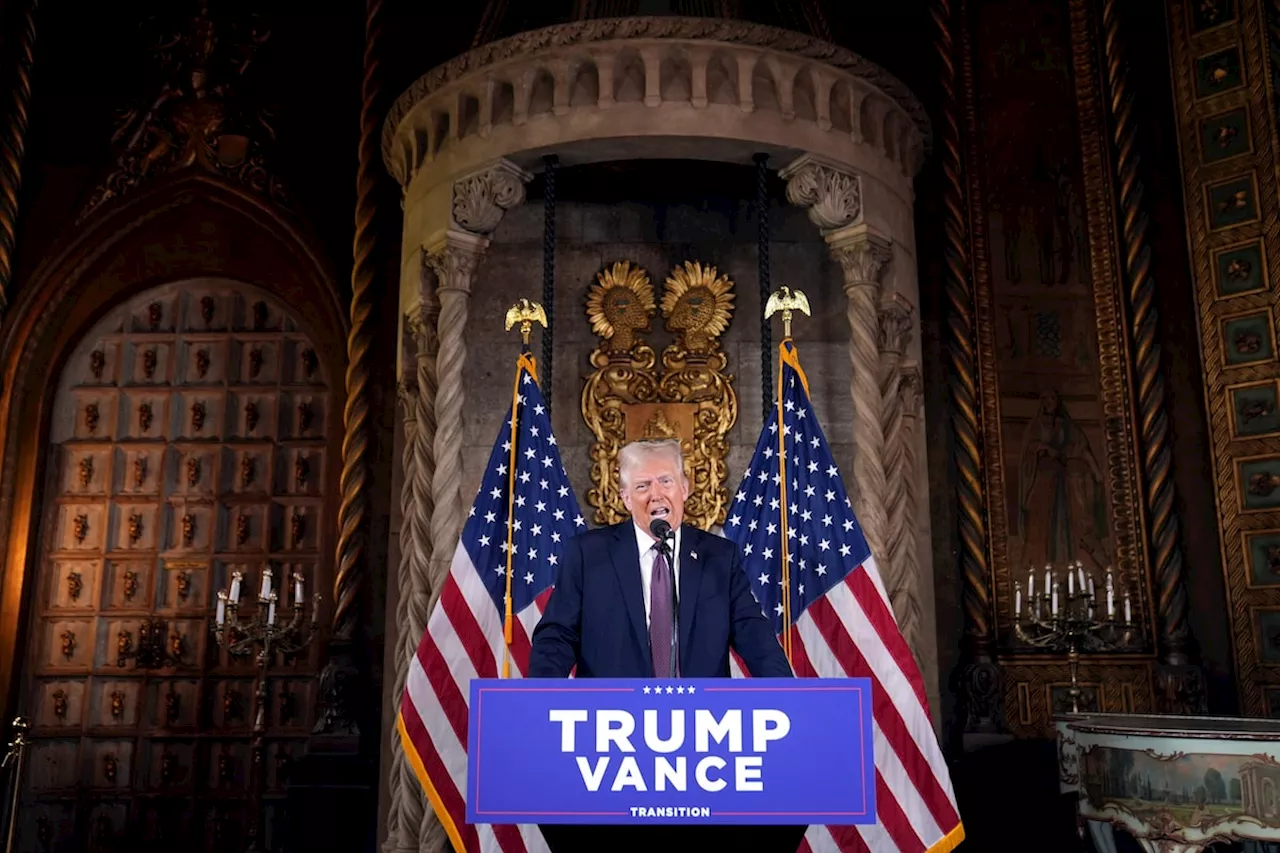 Trump's Second Term: A Constitutive Moment of Perilous UncertaintyThomas Homer-Dixon argues that Donald Trump's second presidency will mark a 'constitutive moment' in history, a period where power shifts and new ideas fundamentally reshape institutions and social norms. He believes Trump's actions, while unpredictable, will inevitably lead humanity towards a perilous future due to the erosion of established constraints and the rise of 'certain uncertainty'.
Trump's Second Term: A Constitutive Moment of Perilous UncertaintyThomas Homer-Dixon argues that Donald Trump's second presidency will mark a 'constitutive moment' in history, a period where power shifts and new ideas fundamentally reshape institutions and social norms. He believes Trump's actions, while unpredictable, will inevitably lead humanity towards a perilous future due to the erosion of established constraints and the rise of 'certain uncertainty'.
Read more »
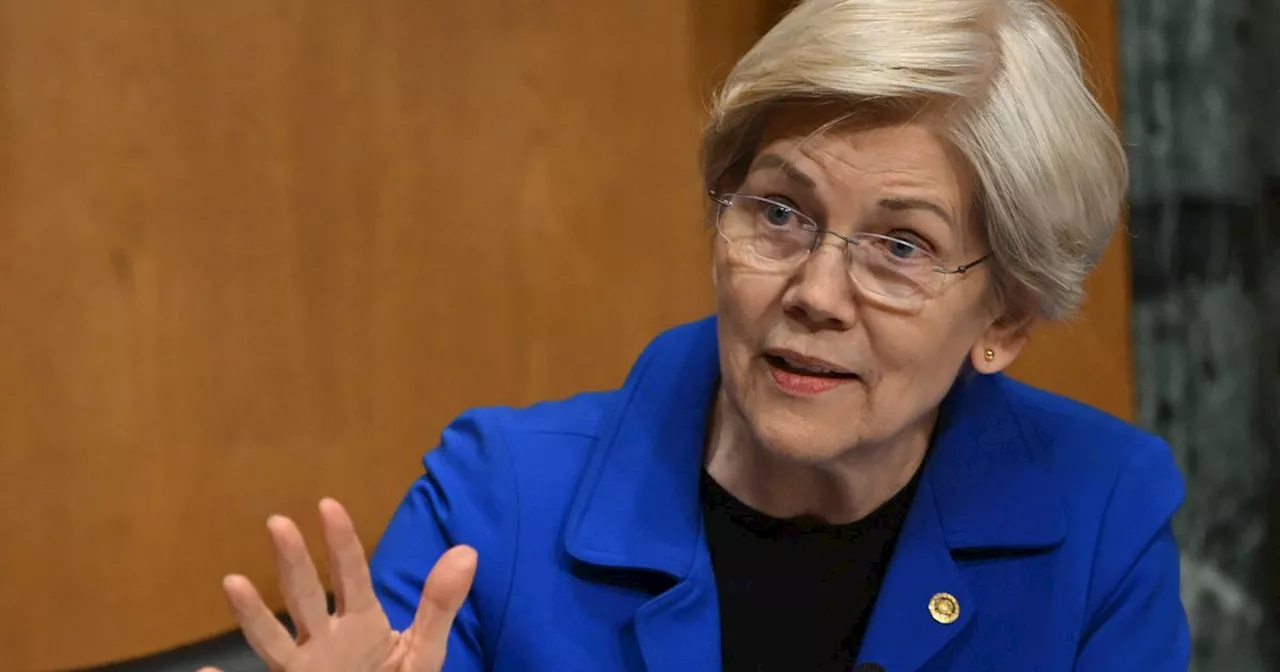 Trump's Second Term: Less Resistance, More Focus on Policy ImpactsDonald Trump's second inauguration will see a less vocal opposition compared to his first term. The lack of large-scale protests reflects fatigue among the left and a shift in strategy by Democrats and activists. Instead of outrage-driven resistance, they aim to highlight the tangible effects of Trump's policies on working-class Americans, focusing on issues like social safety nets, tariffs, and conflicts of interest within his administration.
Trump's Second Term: Less Resistance, More Focus on Policy ImpactsDonald Trump's second inauguration will see a less vocal opposition compared to his first term. The lack of large-scale protests reflects fatigue among the left and a shift in strategy by Democrats and activists. Instead of outrage-driven resistance, they aim to highlight the tangible effects of Trump's policies on working-class Americans, focusing on issues like social safety nets, tariffs, and conflicts of interest within his administration.
Read more »
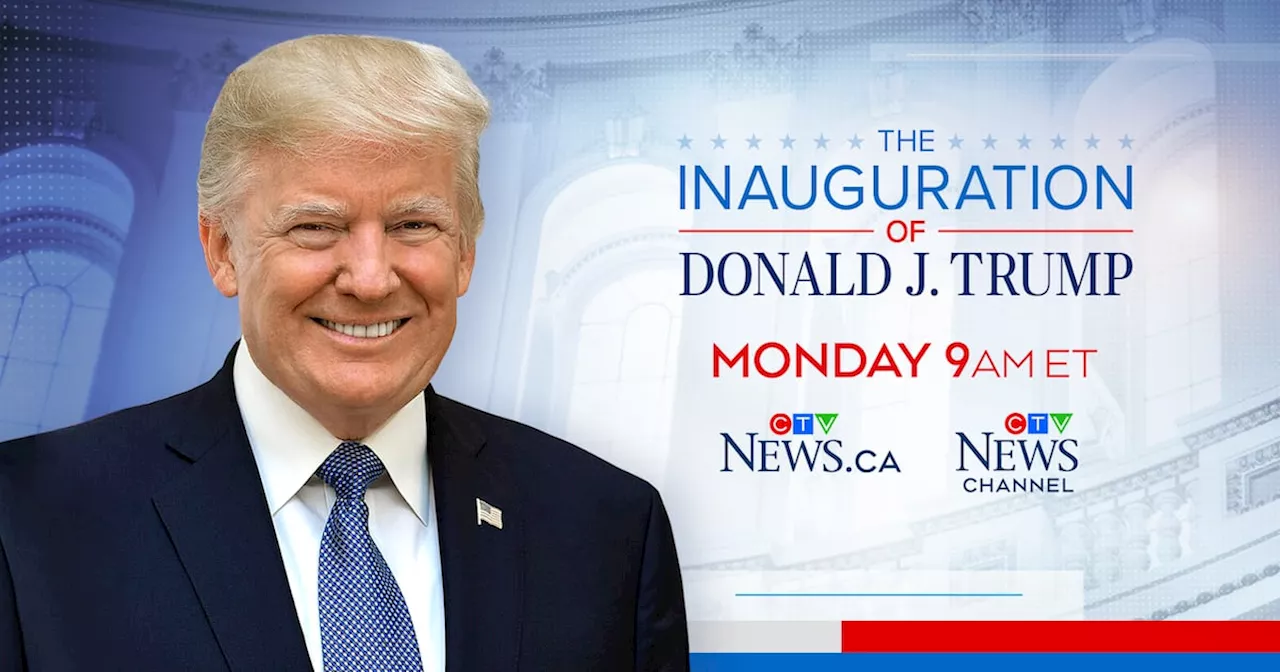 Trump to be Sworn in for Second Term on MondayJoin CTV News for live coverage of Donald Trump's inauguration as the U.S. president for a second term on Monday. The ceremony will take place at the U.S. Capitol Building in Washington, D.C. and will be broadcast live across CTV News' various platforms.
Trump to be Sworn in for Second Term on MondayJoin CTV News for live coverage of Donald Trump's inauguration as the U.S. president for a second term on Monday. The ceremony will take place at the U.S. Capitol Building in Washington, D.C. and will be broadcast live across CTV News' various platforms.
Read more »
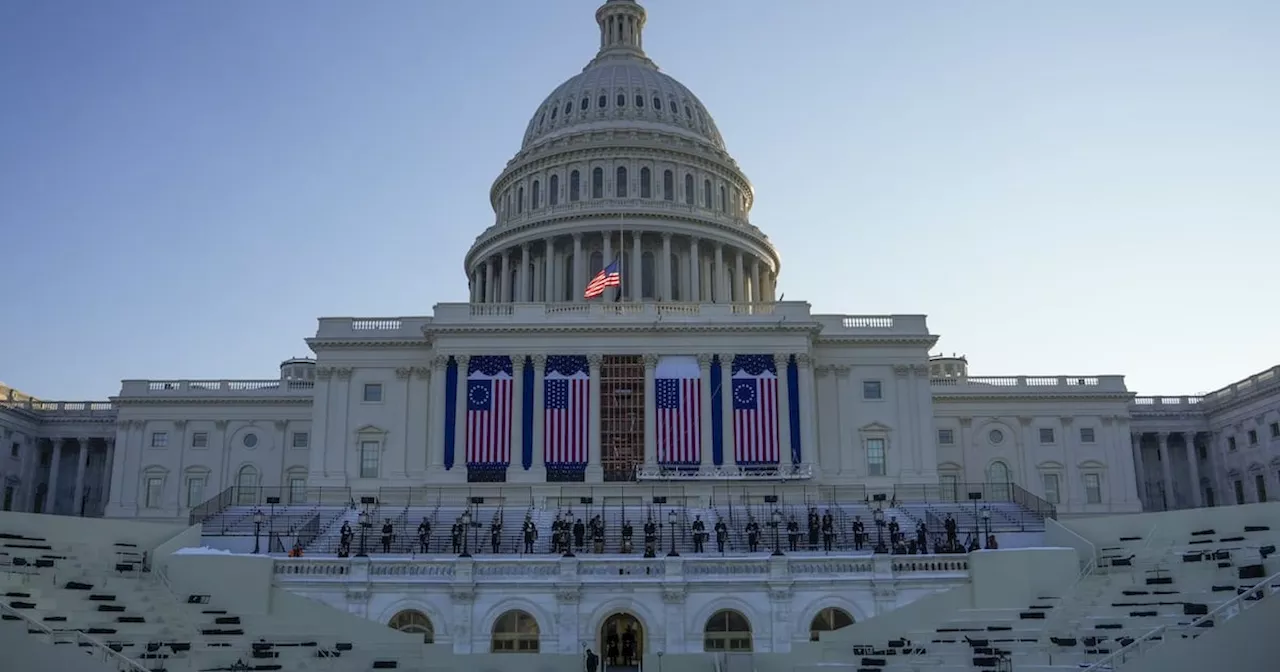 LIVE SOON: Trump’s inauguration day ceremony to kick off his second term in officeDonald Trump’s inauguration ceremony is set to begin this morning to officially kick off his return to the White House as the 47th president of the United States.
LIVE SOON: Trump’s inauguration day ceremony to kick off his second term in officeDonald Trump’s inauguration ceremony is set to begin this morning to officially kick off his return to the White House as the 47th president of the United States.
Read more »
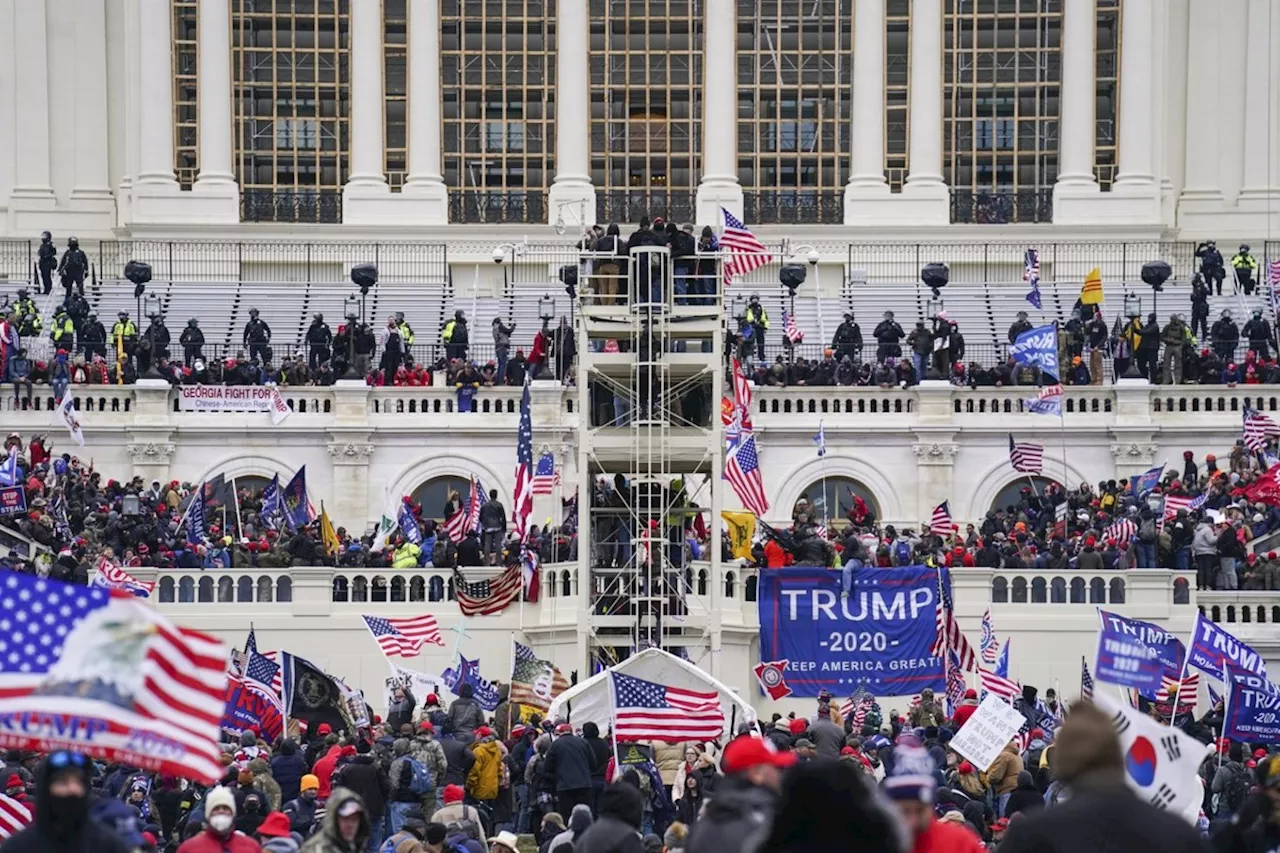 Americans Divided on Trump's Agenda as He Prepares for Second TermA new poll reveals that while Donald Trump enjoys a significant mandate following his election victory, his plans for his second term face mixed public support. Some key policies, like eliminating taxes on tips, enjoy broad backing, while others, such as mass deportations and pardoning January 6th rioters, are met with more resistance.
Americans Divided on Trump's Agenda as He Prepares for Second TermA new poll reveals that while Donald Trump enjoys a significant mandate following his election victory, his plans for his second term face mixed public support. Some key policies, like eliminating taxes on tips, enjoy broad backing, while others, such as mass deportations and pardoning January 6th rioters, are met with more resistance.
Read more »
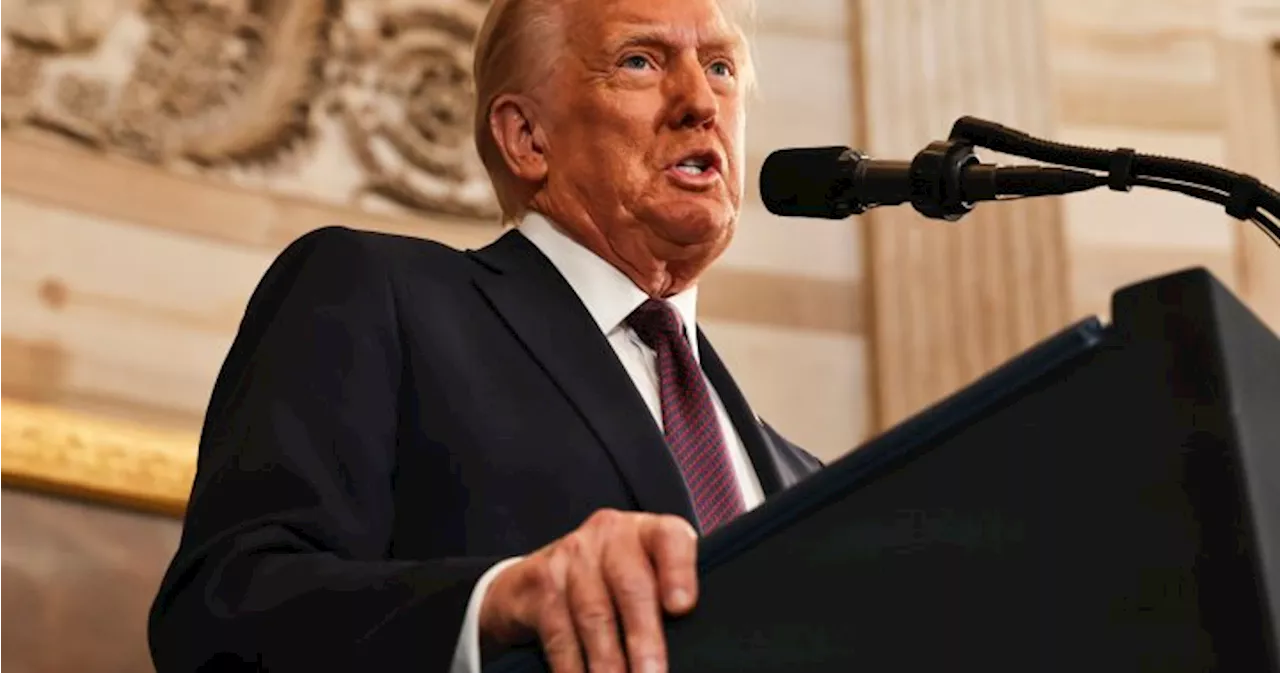 Trump Sworn In for Second Term, Promises 'America First' AgendaPresident Donald Trump begins his second non-consecutive term, taking the Oath of Office amidst frigid temperatures. In his inaugural address, Trump outlines his 'America First' agenda, focusing on national sovereignty, safety, and restoring faith in government.
Trump Sworn In for Second Term, Promises 'America First' AgendaPresident Donald Trump begins his second non-consecutive term, taking the Oath of Office amidst frigid temperatures. In his inaugural address, Trump outlines his 'America First' agenda, focusing on national sovereignty, safety, and restoring faith in government.
Read more »
